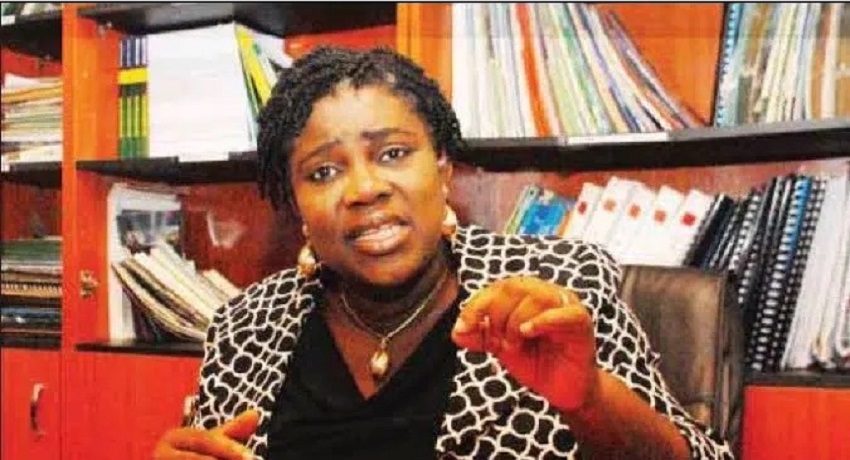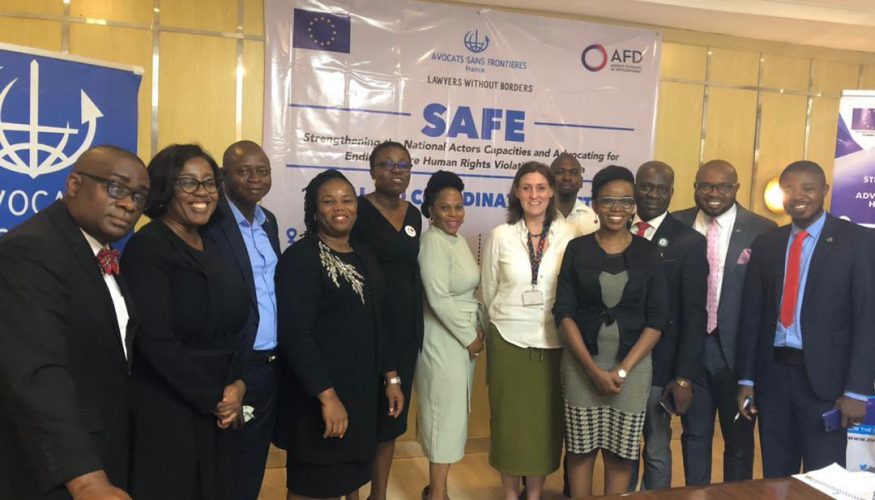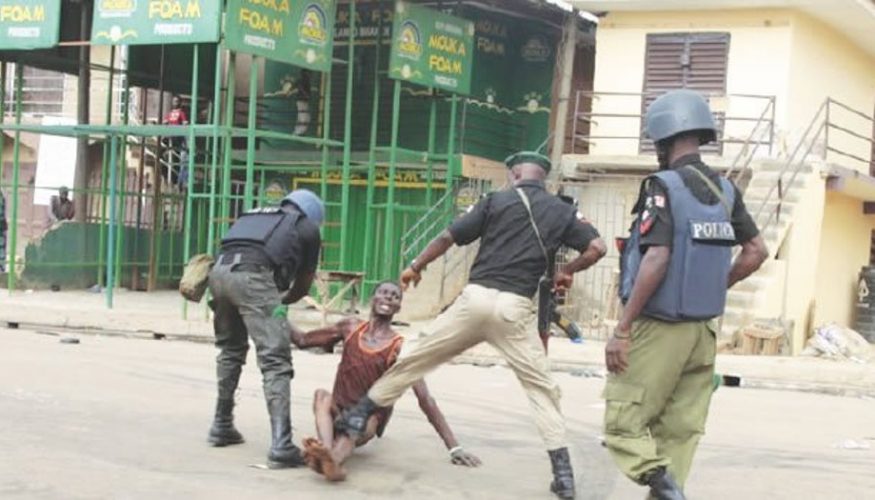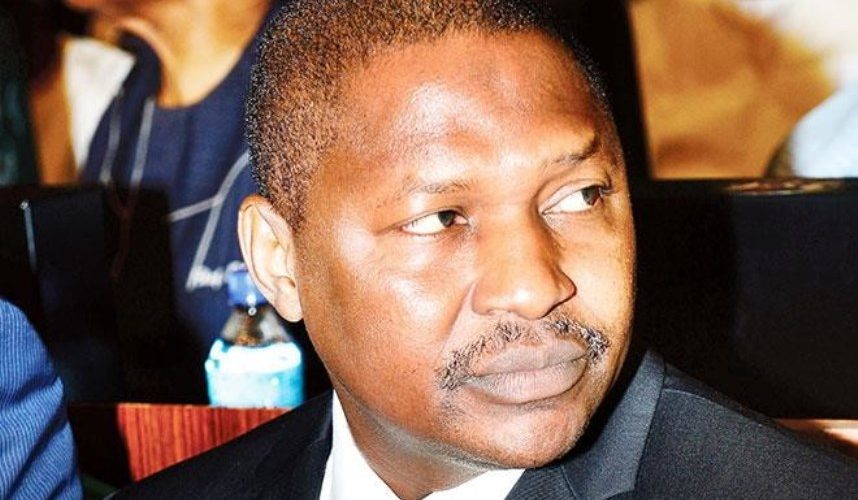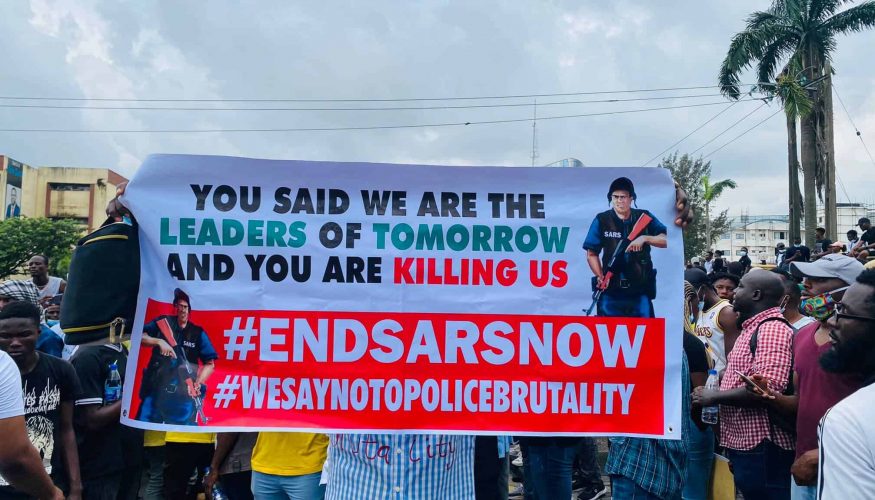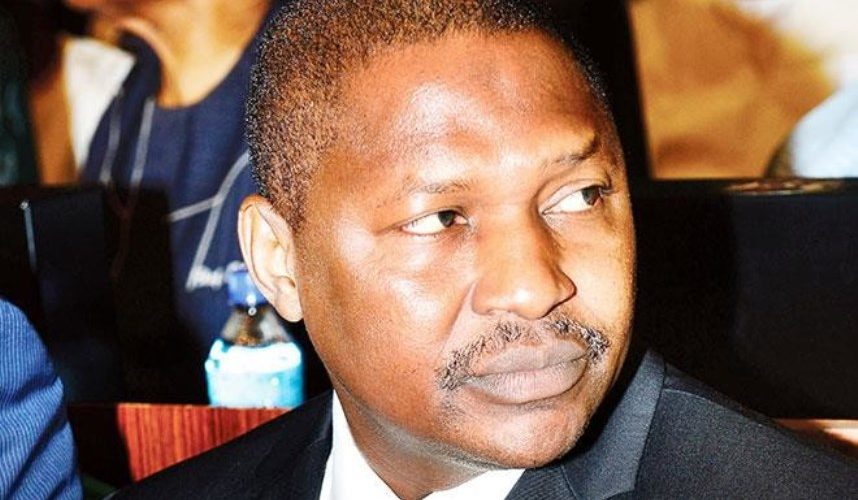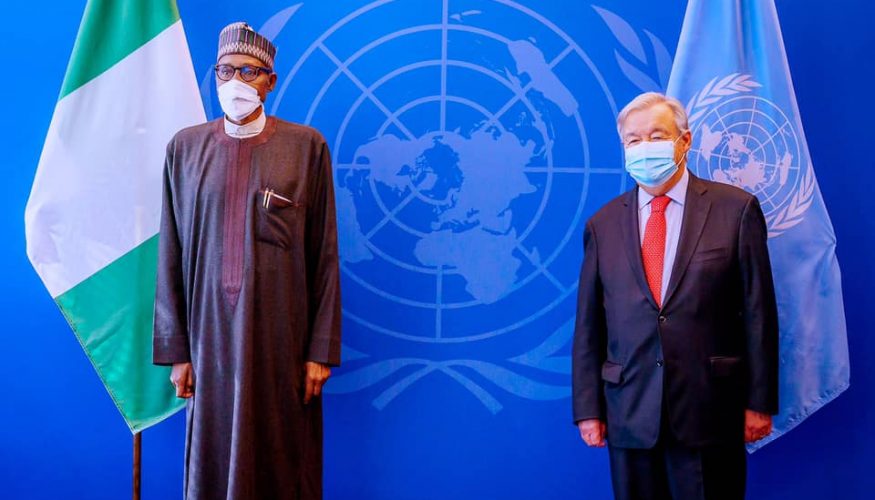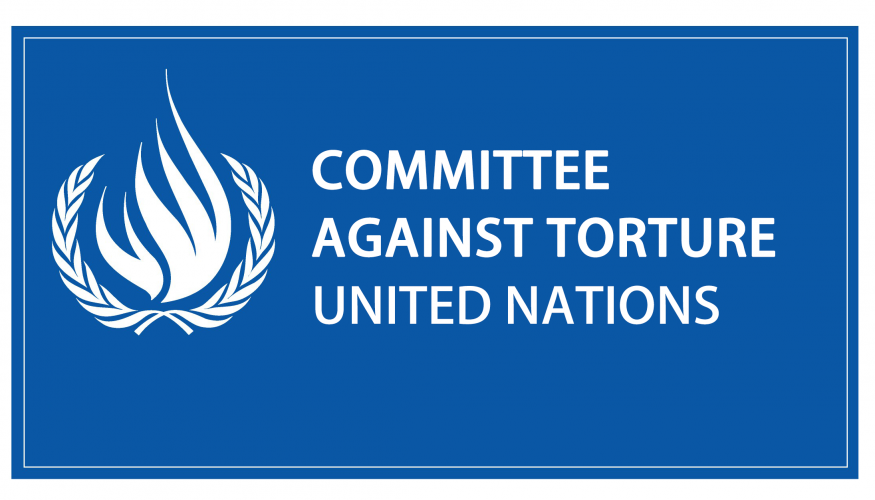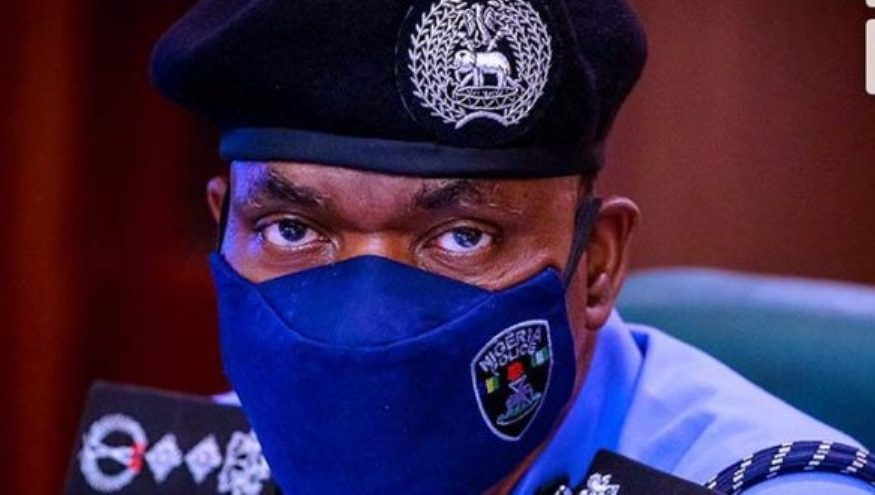AGOMOH, TOP RIGHTS ADVOCATE, BAGS UN C’TE MEMBERSHIP
Foremost human rights advocate and Executive Director of Prisoners’ Rehabilitation and Welfare Action (PRAWA), Dr. Uju Agomoh has been elected as a member of the United Nations Sub-Committee on Prevention of Torture (UN SPT). The election was held at Geneva, Switzerland on 20th October, 2022.
The UN Subcommittee on Prevention of Torture (SPT) is the international body established by the OPCAT. Consisting of 25 independent experts, the body has a preventive mandate focused on a proactive approach to preventing torture and ill treatment.
The SPT has a dual mandate to monitor conditions in detention and treatment of persons deprived of their liberty through country visits, and to advise on OPCAT implementation, in particular support the establishing and functioning of National Preventive Mechanisms.
Agomoh is the Founder and Executive Director of PRAWA, a Nigerian civil society organisation which promotes human rights especially of persons in prison and helps those who have survived prison to successfully integrate into the community.
She holds degrees in Law, Criminology, and Psychology which makes her strongly positioned to contribute to the work of the SPT through a holistic and multidisciplinary outlook.
Over the past 20 years, Agomoh has held key positions in global, regional and national institutions working to prevent torture through detention monitoring, security sector reform and support to survivors of torture. These include serving on the Executive Committee of the International Rehabilitation Council for Torture Victims (IRCT); the World Organisation Against Torture (OMCT), Global SOS-Torture Covid 19 Crisis Action Group, and the Independent Investigation Panel of Inquiry on the Nigeria Police Special Anti-Robbery Squad (SARS).
The highly decorated rights activist has personally carried out over 1000 prison monitoring visits covering about 150 prisons in 32 countries, providing her with extensive expertise in detention monitoring methodologies and engagement with detention authorities and detainees.
She is also a Council Member of Nigeria’s National Human Rights Commission and the Special Rapporteur on Police, Prisons and Centers of Detention (2001 – 2008); Co-Chair of Development Law Group (DLG) of the Nigeria Bar Association (NBA) Section on Public Interest and Development Law (2021 – 2023), and Co-Lead in the development of the harmonized curriculum for security agencies training institutions in Nigeria including thematic areas of Human Rights, Rule of Law, and Civil -Military Relations. She led the development of National Legal Aid Strategy of Nigeria 2016-2022.
Agomoh has conducted visits to places of detention in more than 32 countries in Africa, Asia, Europe and North America. She is a Fellow of the International Penal and Penitentiary Foundation (IPPF) with a specific focus on overuse of imprisonment and fairness and consistency in administrative and judicial decisions (2017 to present); Expert, United Nations Office on Drugs and Crimes (UNODC) on development of guidelines on rehabilitation of prisoners (2017); Visiting Expert on treatment of women prisoners, United Nations Asia and Far East (UNAFEI, 2015); Member, Executive Committee (Representing Sub Saharan Africa), International Rehabilitation Council for Torture Victims (IRCT, 2012-2016), and Member, World Organisation Against Torture (OMCT) Global SOS-Torture Covid 19 Crisis Action Group (September 2021-December 2022).
To join our Telegram platform, please click here
COPYRIGHT 2022 CITY LAWYER. Please send emails to citylawyermag@gmail.com. Join us on Facebook at https://web.facebook.com/City-Lawyer-Magazine-434937936684320 and on TWITTER at https://twitter.com/CityLawyerMag. To ADVERTISE in CITY LAWYER, please email citylawyermag@gmail.com or call 08138380083. All materials available on this Website are protected by copyright, trade mark and other proprietary and intellectual property laws. You may not use any of our intellectual property rights without our express written consent or attribution to www.citylawyermag.com. However, you are permitted to print or save to your individual PC, tablet or storage extracts from this Website for your own personal non-commercial use.
